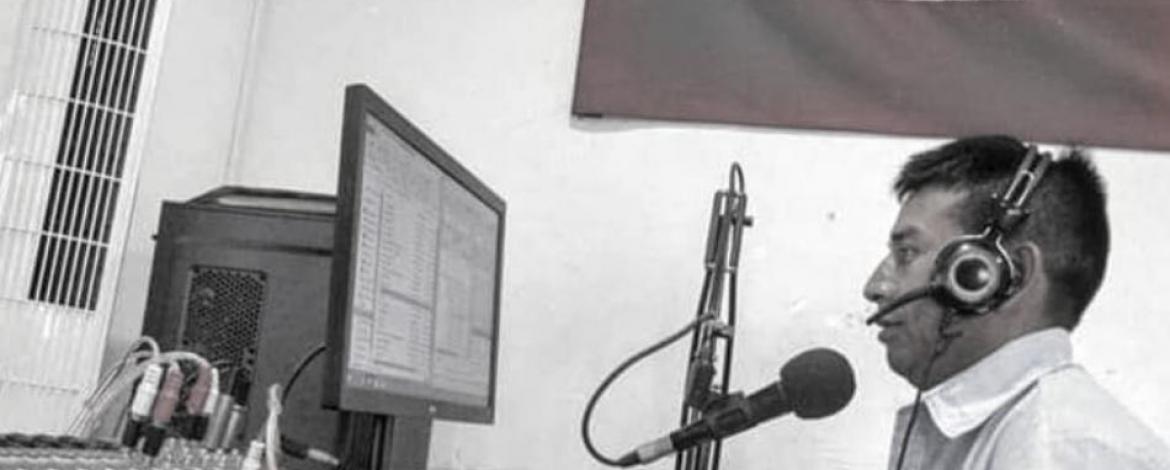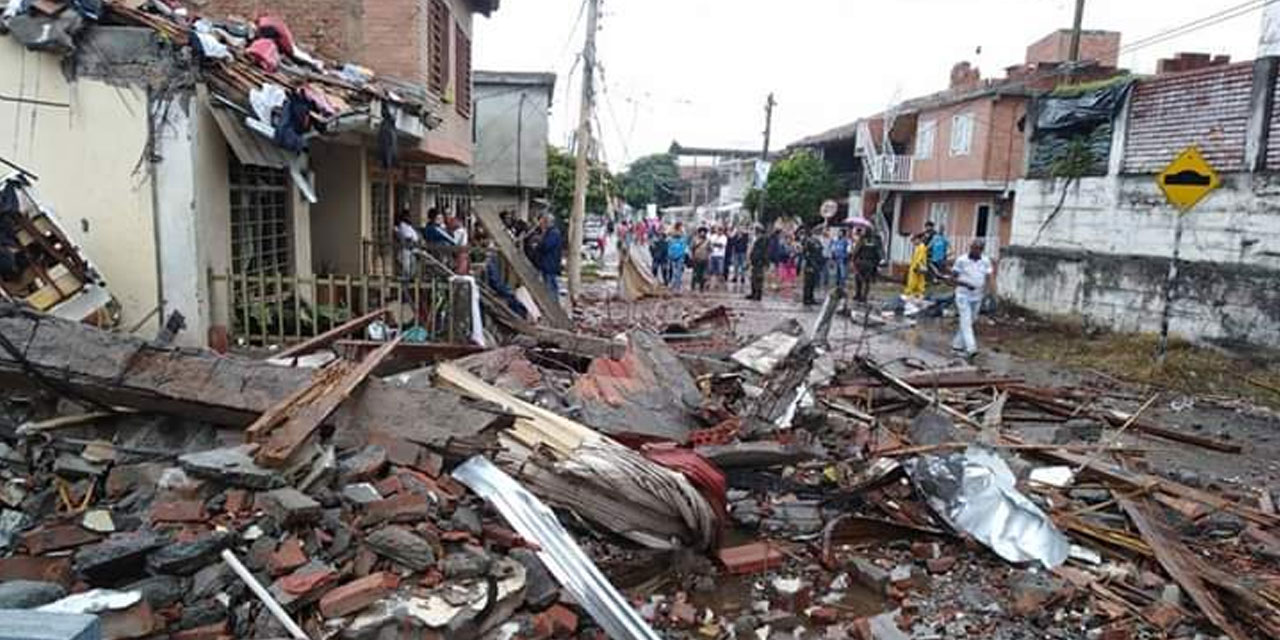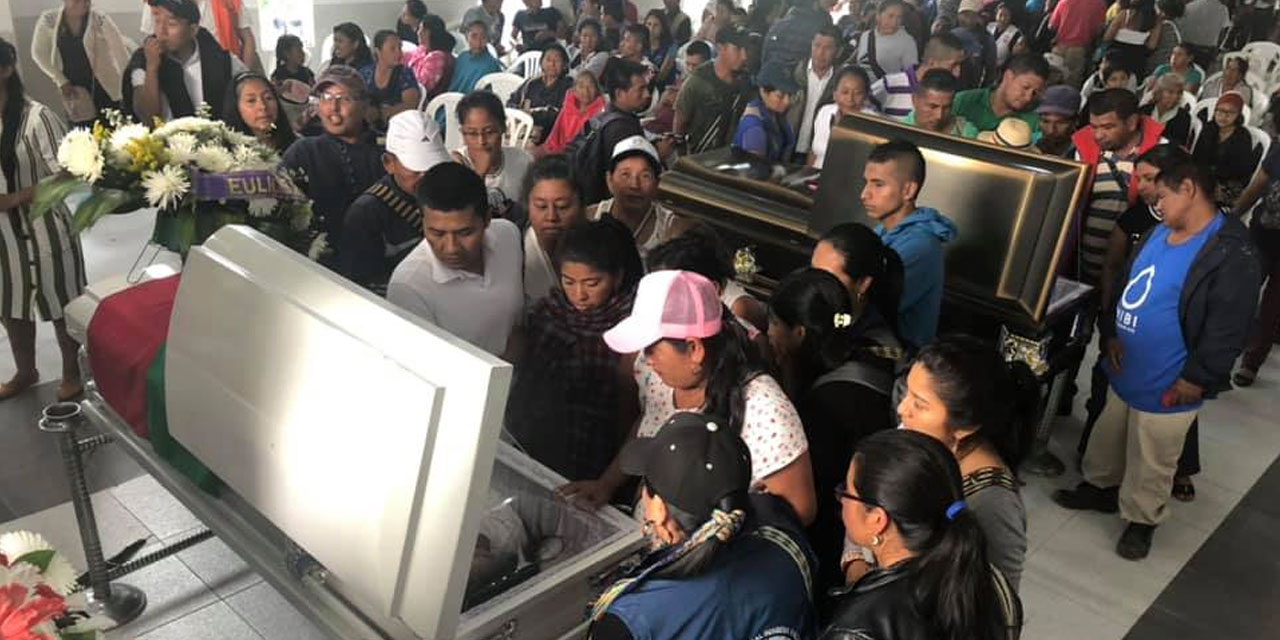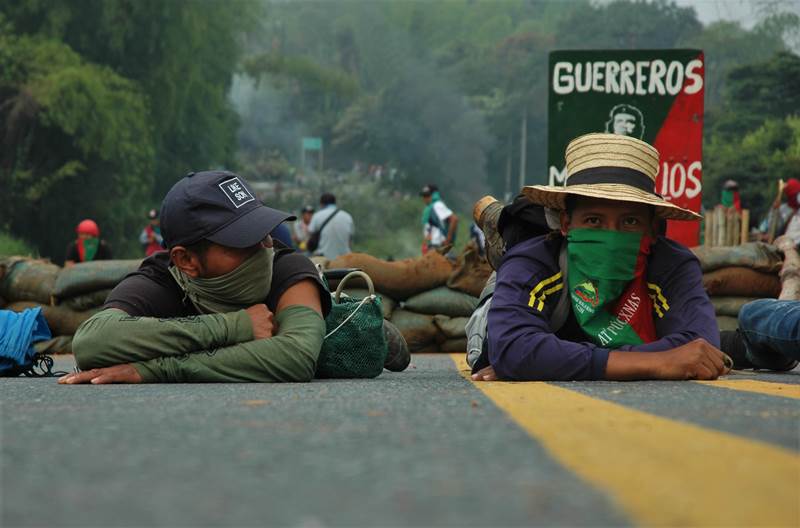
Colombia: indigenous journalist slain by army
An indigenous journalist was among two killed when army troops were called in to evict a land occupation in Colombia’s southern Cauca region. The lands of three haciendas had been under occupation for months by Nasa indigenous campesinos at El Guanábano, Corinto municipality, as part of a land reclamation campaign dubbed “Liberación de la Madre Tierra.” The National Police riot squad was first mobilized to clear them, burning their huts and destroying crops. When the occupiers fought back, the army was sent in, and troops opened fire. Abelardo Liz, who was covering the confrontation for Nación Nasa community radio station, was shot in the abdomen, and died while being rushed to the hospital in Corinto. (Photo via RSF)





